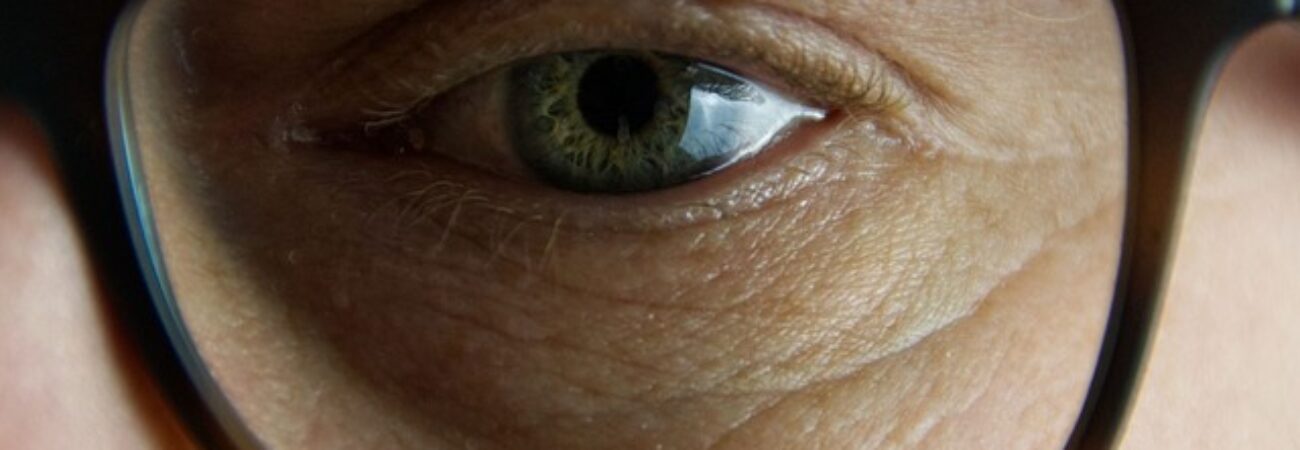While most Australians (75% according to the 2022 Vision Index) prioritise their sight, many may not know who to see for eye care needs. Do you see an eye specialist regularly? If so, understanding the difference between an ophthalmologist and an optometrist can help you choose the right provider for your needs.
Who Should You See: Ophthalmologist vs. Optometrist?
Optometrists and ophthalmologists are both eye care professionals, but their roles differ from each other.
Optometrists are primary eye care providers who conduct eye exams to diagnose vision problems and abnormalities. They can prescribe corrective lenses like contacts (daily vs. monthly contacts) or glasses. If necessary, they can also refer patients to ophthalmologists for further treatment.
Ophthalmologists, on the other hand, are medical doctors specialising in eye care. They diagnose and treat all types of eye diseases and injuries, prescribe medications and treatments, and perform surgeries when needed.
Key Differences Between Optometrists and Ophthalmologists
Below is a table illustrating their detailed comparison:
| Key Differences | Optometrists | Ophthalmologists |
| Education | Doctor of Optometry Degree, 4 years | Doctor of Medicine Degree, 12 years including post-graduate in ophthalmology |
| Eye Problems Treated | Myopia, hyperopia, dry eyes, lazy eye, phoria eye, strabismus | Cataracts, eye injuries, retinal problems, inflammation, corneal pathology, macular degeneration, diabetic retinopathy, rare eye diseases, infections |
| Eye Treatment & Services | Test vision, eye exams, diagnose problems, manage general eye diseases | Tonometry, perform eye surgeries, and specialised care for advanced eye conditions |
| Equipment Used | Slit lamp bio microscopes, ophthalmoscopes, corneal topographers, phoropters | Various medical and surgical equipment |
| Eye Care Prescriptions | Eyeglasses with different frame brands, contacts, mild medications | Medication for glaucoma, CSR, LASIK, & PRK |
Conditions Treated by Optometrists:
- Shortsightedness (Myopia) and Farsightedness (Hyperopia)
- Dry Eyes
- Lazy Eye (Amblyopia) in children
- Eye Misalignment (Phoria)
- Strabismus (Crossed Eyes)
Conditions Treated by Ophthalmologists:
- Cataracts
- Eye Injuries (e.g. corneal scratches and chemical exposure)
- Retinal Problems (e.g.swelling, bleeding, and detachment.)
- Intraocular Inflammation
- Corneal Diseases
- Macular Degeneration (age-related central vision loss)
- Diabetic Retinopathy (eye problems caused by diabetes)
- Rare Eye Diseases (e.g. hemolacria or “bleeding tears”).
- Infectious Eye Diseases (e.g. conjunctivitis).
How to Choose the Right Eye Doctor
Deciding whether to see an ophthalmologist or an optometrist depends on several factors, including the severity of your vision problem, budget, and diagnosis accuracy. Here are some guidelines to help you:
1. Consider Your Eye Needs
You should identify your eye conditions before seeing an eye care professional. If your eyes become too sensitive to light and you experience blurry or double vision, you likely need to see an optometrist. But if you’re dealing with eye irritation or infection, seeing an ophthalmologist is the best choice.
2. Ask Friends and Family for Recommendations
Asking friends, family, and coworkers for their recommendations is a great idea when deciding between an optometrist and an ophthalmologist. Knowing their eye consultation experiences can help you decide which doctor to go to.
3. Check the Doctor’s Credentials
Looking at the doctor’s years of education and training allows you to assess their credibility. You can also check the patient’s online reviews in their profile for further insights.
What to Expect from Eye Care Consultation
The exact exam may vary from case to case basis, but here’s what to expect:
1. Patient History
To determine the root causes of your current eye conditions, the doctor will ask about your health and any family history of eye diseases.
2. Vision Tests
You will read from letter charts to check your near and far vision. They will also test your 3-D vision, peripheral vision, and colour perception to see how well your eye muscles coordinate.
3. Eye Exam
All parts of your eyes will be examined. You may need eye drops to dilate your pupils, making them wider to see. These drops can make your eyes sensitive to light, so we recommend you having someone accompany you to drive you home.
4. Other Tests
Eye exams can detect early signs of glaucoma or cataracts. If the doctor finds anything unusual, they will recommend a follow-up appointment.
What to Bring to Your Eye Appointment
- Your glasses or contacts (including the boxes with the brand and power details)
- Eye drops
- A list of any health conditions or allergies
- A list of all medications and supplements you take
- Any specific questions about your eye health
- Your medical insurance information
EyeSelect Can Help You Choose Between an Optometrist and an Ophthalmologist
Regular eye exams are crucial for maintaining good eye health. We recommend visiting an eye doctor every one to two years to prevent serious eye problems.
At EyeSelect, our team of optometrists are highly trained and qualified to give you a range of optometry services. We can assess your vision, update your prescriptions, and manage your overall eye care.
If our optometrists see that you have a particularly advanced eye condition, we will refer you to an ophthalmologist, specialising in your issue for further treatment.
Want to learn more about us? Contact us at 07 3278 7341 or 07 3800 8700.





